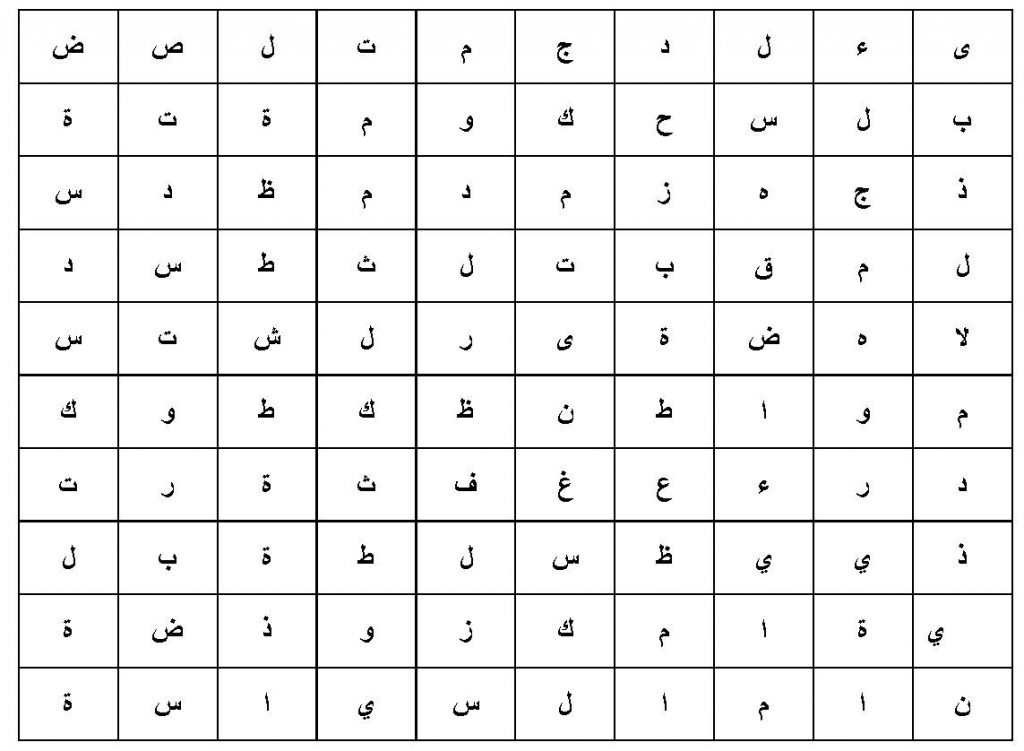Marhaba! Whether you are living in democracy, autocracy, or theocracy, we all agree that government plays an important and major role in our lives. Be it from taxes to civil liberties (or lack thereof), all states around the world have some higher body for regulating affairs. Even though one might feel repressed under certain regimes or underrepresented in certain states, governments around the world in principle represent some kind of authority. Although at times, this authority can be revoked through coups or popular demonstrations as witnessed in Tunisia, Egypt, and Libya, in an ideal world we expect that governments around the world serve their societies in some unbiased fashion to allow equitable distribution of public goods and services. Today, I have created an Arabic crossword puzzle to refresh your memory and/or teach you the 10 most important words related to government and politics in Arabic! Enjoy solving this Arabic crossword puzzle and make sure to come back for the answers soon! As always, think of these words as building blocks! I am confident this will give you a huge leg up when writing, reading, and listening to Arabic.
Government — حكومة
Party — حزب
Bloc — كتلة
Representative — ممثل
Politics — السياسة
Citizen — مواطن
Republic — جمهورية
Authority — سلطة
Judicial — قضائي
Constitution — دستور

For now take care and stay tuned for the answers soon!
Happy Learning!
Have a nice day!!
نهاركم سعيد





